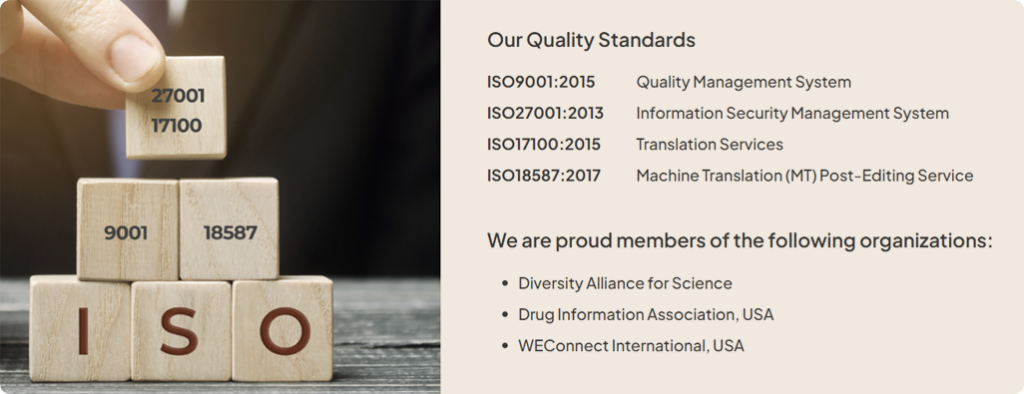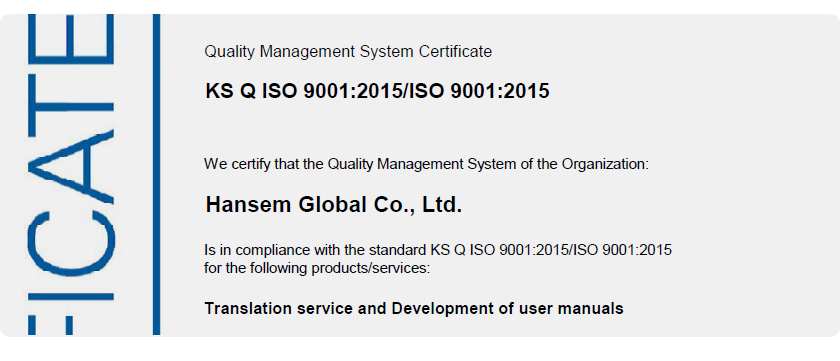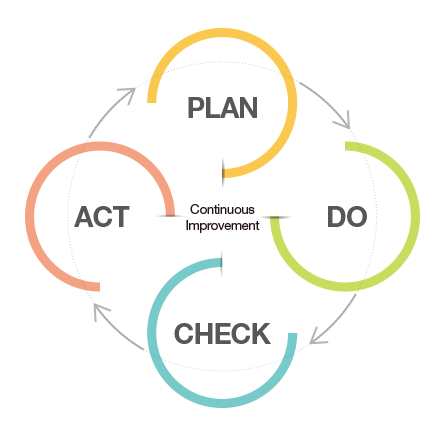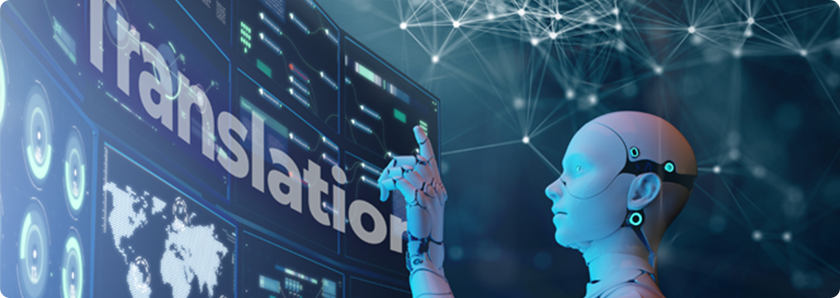The pharmaceuticals, biotechnology, and healthcare industries in Korea hold significant growth potential in the global market. Many companies are expanding into international markets, leveraging Korea’s capabilities in biopharmaceutical research and development. However, effective communication strategies and precise translations are essential for success. Particularly in the pharmaceuticals, biotechnology, and healthcare sectors, where specialized documents are abundant and regulations are complex, accurate and effective translation is crucial.
In this article, we will explore the capabilities of Hansem Global and discuss key factors to consider when choosing a translation company for the pharmaceuticals, biotechnology, and healthcare industries.
1. Check for Expertise and Experience
Translation goes beyond simple language conversion; it requires a deep understanding and experience in specific industries. Hansem Global has been partnering with global manufacturers for 34 years, providing manual development and localization services. We have cultivated the expertise necessary for the realities faced by Korean manufacturers and the requirements for global market expansion. Hansem Global holds international certifications such as ISO9001, ISO/IEC27001, and ISO17100, ensuring adherence to international standards for quality management, translation management, and information security.
Hansem Global’s professionals working in the pharmaceuticals, medical, biotechnology, and healthcare sectors have completed training in laws such as the HIPAA (Health Insurance Portability and Accountability Act) in the United States and the GDPR (General Data Protection Regulation) in the European Union.

2. Check Language and Cultural Understanding
Translation and localization require not only proficiency in the target language but also a deep understanding of its culture. It’s essential to grasp cultural contexts to ensure translations are natural and suitable for local markets. Hansem Global has assembled a network of professionals specializing in biotechnology and healthcare, including linguists, scholars, and practitioners in the field. With over 30 language groups, we collaborate with experts in the pharmaceuticals and healthcare sectors to provide specialized translations tailored to specific cultural nuances.
3. Ensure Global Preparedness of Translation Companies
For companies aspiring to enter the global market, selecting a translation company with global recognition and reputation is crucial. Hansem Global is recognized as a Global Top 100 Language Service Provider, endorsed by leading international research institutions such as CSA Research, Nimzi Insights, and Slator. Being part of the Global Top 100 ensures reliability and professionalism. These companies operate systematic quality management systems, offering consistent translations across diverse languages and specialties. Additionally, they leverage advanced translation technologies and software to save costs and enhance productivity, strengthening clients’ global competitiveness. Choosing a Korean translation company ranked in the Top 100, like Hansem Global, ensures success in the global market.

4. Check Quality Management Standards
Systematic quality management processes are critical in determining the quality of translations. Hansem Global was the first company in Asia to obtain ISO9001 certification for manual development and translation services. ISO9001 ensures that organizations consistently meet customer and international standards’ requirements for quality management systems. The standard focuses on guaranteeing product and service quality while maximizing customer satisfaction. Given the importance of accuracy and consistency in manual development and translation services, ISO9001 certification assures adherence to internationally recognized standards, increasing trust and reliability.

The core of quality management processes lies in continuous management and adaptation. Many companies have similar processes to Hansem Global but may not achieve proper outcomes. The reason is that once processes are established, they may not drive new changes.
Customer requirements constantly evolve, necessitating changes in work methods and environments. Therefore, while establishing quality management processes is important, what’s even more crucial is continuous management and adaptation.
Hansem Global applies the PDCA (Plan, Do, Check, Action) management technique commonly used in general manufacturing to meet the requirements of the ISO 9001 standard. Additionally, quality management tools are applied to manual development and translation service production fields, enabling the establishment of systematic quality management processes.

5. Utilize Latest Technologies for Cost Efficiency and Productivity
To improve translation quality and efficiency, it’s essential to leverage the latest technologies. Hansem Global utilizes cutting-edge AI translation technologies to enhance its processes. Adaptive machine translation and AI-assisted translation services streamline workflows, allowing seamless collaboration among clients, project managers, document engineers, translators, and reviewers on Hansem Global’s platform. By integrating automated translation processes with the expertise of human translators, Hansem Global ensures cost-effectiveness, time efficiency, and quality assurance.

6. Ensure Close Customer Support
Excellent customer support is essential for successful translation projects. Hansem Global has dedicated teams for key clients, including industry leaders like Samsung Electronics, Hyundai Mobis, Naver, Udacity, and Unity Korea. These dedicated teams ensure consistency and responsiveness, catering to the specific needs of each client. Customers approaching Hansem Global are not just one among many; we are committed to supporting your success.

7. Check Deadline Management
Adhering to project deadlines is crucial for business operations. Hansem Global, with 34 years of experience in manual development and localization for global manufacturers, recognizes the importance of release schedules from the manufacturer’s perspective. Supporting clients in seamless market entry has been our commitment throughout our history. Effective deadline management involves thorough analysis, measurement of time and resources for each process, and proactive measures to address potential variables. Hansem Global’s approach to deadline management is grounded in decades of experience and a commitment to keeping promises.
Conclusion
Success in the global market requires more than just superior products or services. Effective partners who can overcome cultural differences and language barriers are essential. Hansem Global provides proven expertise and experience to support Korean companies’ entry into the global market. If you aim to enhance competitiveness in the pharmaceuticals, biotechnology, and healthcare sectors on the global stage, consider partnering with Hansem Global, a trusted ally.






